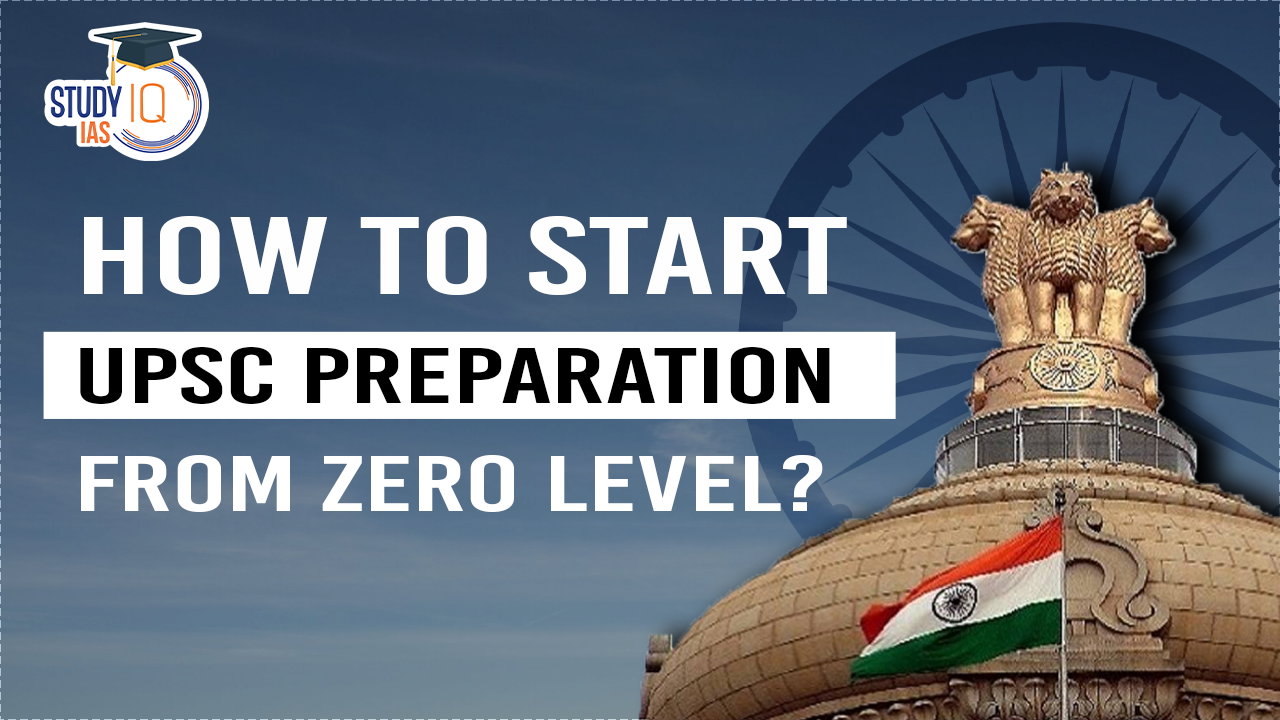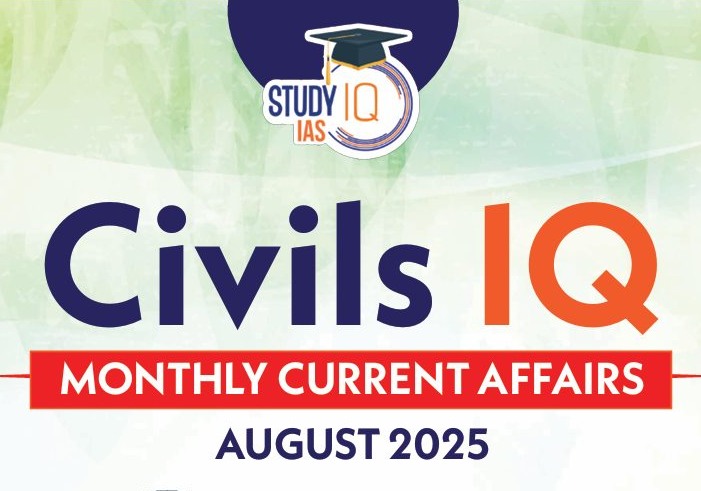Table of Contents
Aspirants starting the journey of preparing for the UPSC Civil Services Examination from ground zero can be both daunting and exhilarating. It’s a path that demands dedication, perseverance, and a well-structured approach. If you find yourself starting your UPSC preparation from zero level, fret not! This detailed guide provides you with a roadmap to lay a strong foundation and kickstart your UPSC preparation journey.
Understand UPSC Civil Service
Before diving into preparation, it’s crucial to understand the nature of the UPSC Civil Services Examination. This prestigious exam consists of three stages:
- Preliminary Examination: It comprises two objective-type papers –
- General Studies Paper I
- General Studies Paper II (CSAT)
- General Studies Paper I covers subjects like History, Geography, Polity, Economy, Environment, Current Affairs, and General Science, while CSAT assesses analytical and reasoning abilities.
- Mains Examination: This is a written exam consisting of nine papers, including two qualifying papers (English and one Indian language), four General Studies papers, two papers on optional subjects, and an Essay paper.
- Personality Test (Interview): Candidates who qualify the Mains examination are shortlisted for the Personality Test, commonly known as the Interview. It assesses the candidate’s personality, communication skills, leadership qualities, and suitability for a career in civil services.
Building a Strong Foundation
- Familiarize Yourself with the Syllabus: Thoroughly study the UPSC syllabus for both Prelims and Mains examinations. Analyze each subject and topic to understand the areas that need focused preparation.
- Study Plan: Create a well-structured study plan that covers all subjects and topics. Allocate time for each subject and divide your preparation into short-term and long-term goals.
- Start with Basics: Begin your preparation with basic textbooks and materials. NCERT books provide a solid foundation in various subjects and are highly recommended for beginners.
- Current Affairs: Stay updated with current affairs by reading newspapers, magazines, and online sources. Current affairs play a crucial role in both Prelims and Mains examinations.
- Optional Subject Selection: Choose an optional subject based on your interest, background, and availability of study material. Seek guidance from mentors if necessary.
Strategy Tips Preparation UPSC From Zero
Starting UPSC preparation from scratch requires a well-thought-out strategy to navigate the vast syllabus and challenging exam pattern. Here’s a detailed strategy tailored for beginners starting from zero level:
Understanding the Syllabus and Exam Pattern
- Familiarize Yourself with the Exam: Understand the three-stage selection process – Preliminary Examination, Mains Examination, and Personality Test. Know the format, marking scheme, and the role each stage plays in the selection process.
- Study the Syllabus: Thoroughly go through the UPSC Syllabus for both Prelims and Mains examinations. Analyze each subject and topic to understand the depth of knowledge required.
Building a Strong Foundation
- Start with NCERT Books: Begin your preparation with NCERT books for classes 6 to 12. These books provide a solid foundation in subjects like History, Geography, Polity, Economy, Science, etc.
- Supplement with Standard Reference Books: Once you have a basic understanding from NCERTs, move on to standard reference books recommended by toppers and experts. Choose books that cover the entire syllabus comprehensively.
- Current Affairs: Develop a habit of reading newspapers daily to stay updated with current affairs. Follow reliable sources and make notes of important events, developments, and government schemes.
Also Check How to Crack UPSC
Planning and Time Management
- Create a Study Plan: Design a realistic study schedule that covers all subjects and topics. Allocate dedicated time slots for each subject, revision, and practice sessions.
- Set Achievable Goals: Break down your preparation into short-term and long-term goals. Set achievable targets for daily, weekly, and monthly study milestones.
- Effective Time Management: Prioritize tasks based on importance and urgency. Allocate more time to challenging subjects and topics while ensuring a balanced approach to cover the entire syllabus.
Practice and Revision
- Regular Practice: Solve UPSC previous years’ question papers to understand the exam pattern and practice answering questions within the stipulated time frame.
- Answer Writing Practice: Develop the skill of writing clear, concise, and well-structured answers. Practice essay writing, comprehension passages, and answer writing for both Prelims and Mains.
- Consistent Revision: Schedule regular revision sessions to reinforce your understanding and retention of important concepts. Review your notes, highlight key points, and revise weaker areas frequently.
Test Series
- Join a Test Series: Enroll in a reliable UPSC Test Series program to assess your preparation level. Take mock tests regularly to simulate exam conditions and evaluate your performance.
- Analyse Performance: Analyze your test scores, identify strengths and weaknesses, and focus on improving areas that need more attention. Use test series as a tool for self-assessment and continuous improvement.
Stay Motivated and Positive
- Stay Motivated: Keep yourself motivated by reminding yourself of your goals and aspirations. Stay inspired by reading success stories of past toppers and aspirants who have cleared the exam.
- Stay Positive: Stay optimistic and maintain a positive attitude, even during challenging times. Surround yourself with a supportive environment and seek guidance from mentors and fellow aspirants when needed.


 Significance and History of Diwali Festi...
Significance and History of Diwali Festi...
 Asia Cup Winners List (1984–2025): Ind...
Asia Cup Winners List (1984–2025): Ind...
 Actor Mohanlal to Be Presented Dadasaheb...
Actor Mohanlal to Be Presented Dadasaheb...




















